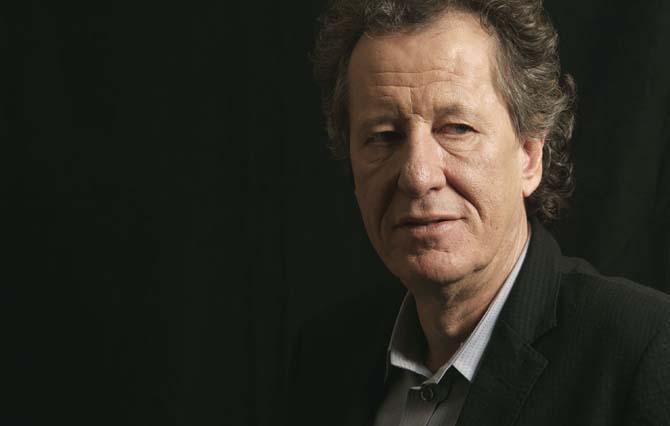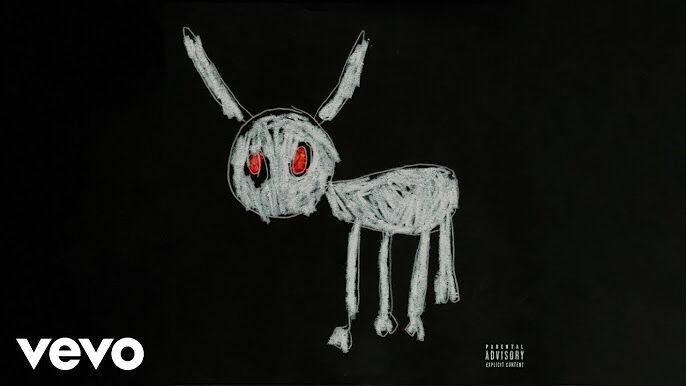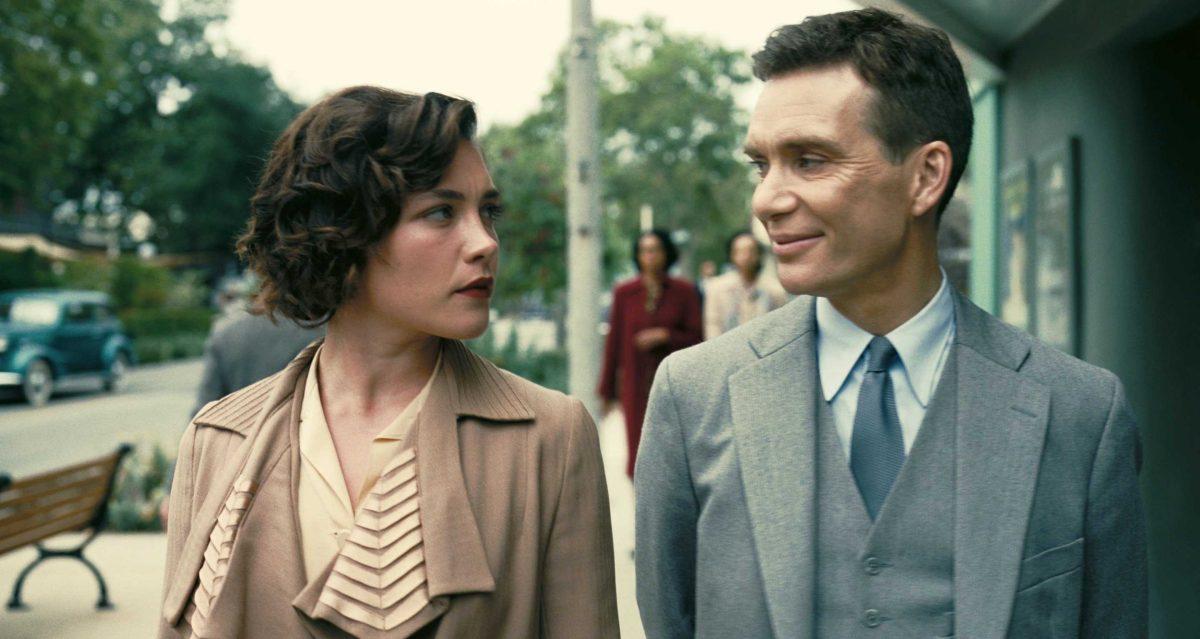“The Diary of Anne Frank” is typically the first book that comes to mind when thinking of literature about the Holocaust and World War II. However, Markus Zusak’s 2006 novel “The Book Thief” was the first book I read about the time period that really allowed me to feel how horrible it was for those in Nazi Germany.
Narrated by Death and following the experiences of young Liesel Meminger, the book is incredibly detailed and moving. The movie adaptation is all right if you watch it without having read the novel, but it inevitably loses something in transition.
The movie gained credibility as the 131 minutes ticked down, but the beginning scenes were awful. It starts with a shot straight out of the “Harry Potter” franchise, looking down on a dark train winding through snowy European countryside.
Then we meet Meminger, played by Sophie Nélisse, not looking sick, starving and dirty as she was supposed to be in the novel. In fact, I got the feeling that she was being clumsily presented to the audience looking prim and adorable to signal to us who the princess protagonist is. Nélisse redeemed herself with her performance, but I felt a lack of believability, a watering down of the terrible experiences of this little girl.
The rest of the cast was near-perfect. Geoffrey Rush and Emily Watson as Liesel’s foster parents, the Hermanns, and little Nico Liersch as Rudy Steiner were just as I imagined them on paper.
But the movie did not have the time to show how complicated these relationships were. It portrayed Rudy as Liesel’s uncontested best friend, an immediate hit, when their constant back-and-forth abuse was what made the revelation of their closeness, especially in the last scenes, that much sweeter. Rosa’s love for Liesel was also grossly simplified.
The relationships were all believable for someone who had not read the material cut in translation to the big screen, though.
Max Vandenburg, the Hermanns’ hidden Jew, was also oversimplified. He is just a placeholder for the sympathies Liesel learns to feel for Jewish people and for all those oppressed under Adolf Hitler’s regime. In the book, he is a Jewish fistfighter who spends his days in the basement, whenever he’s not with Liesel, daydreaming about a fight with the Führer.
The depictions of ordinary life under the Nazi regime were chilling, however. The book-burning scene was terrible but well-shot, and the arrogance of both the Nazi officers and the young men and women in training inspired disgust and fury. I found myself equal parts horrified and amused at children in grade school assembled to sing a song with lyrics straight out of a stiff Nazi propaganda pamphlet.
The narrator was never identified as Death outright, but it was implied heavily enough and the use of quotes from his uncanny diatribes in the book was well-executed, if sparse.
Moviegoers will enjoy “The Book Thief,” especially those who read the book afterward and come to understand motivations and plot elements all the more. But those who have read the book and expected the same thorough treatment that made the original spellbinding will need to make allowances.
Grade: B+
Samantha Bares is a 20-year-old English junior from Erath, La.
Review: “The Book Thief” simplifies plot
December 4, 2013
Actor Geoffrey Rush, a cast member in the “Pirates of the Caribbean: At World’s End” film, poses for a portrait in Beverly Hills, Calif. on Wednesday, May 16, 2007. (AP Photo/Matt Sayles)





